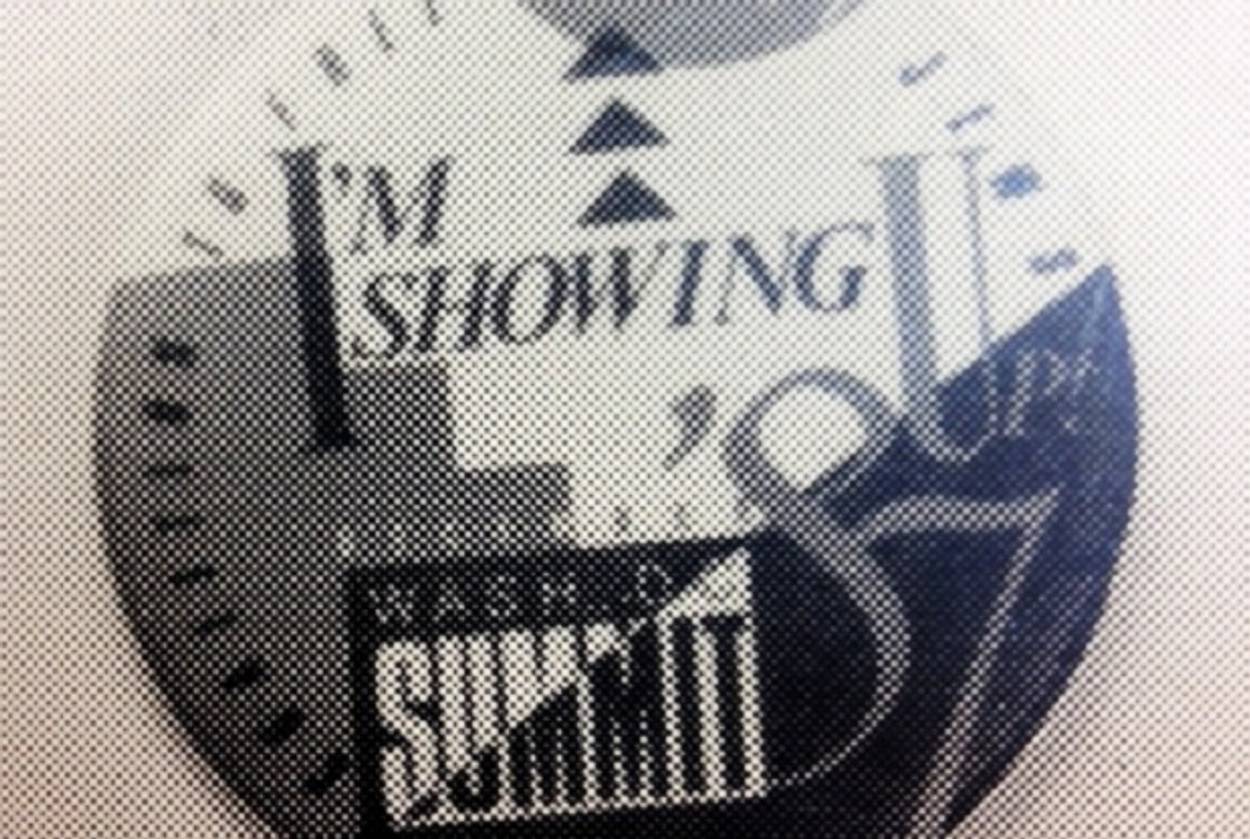How We Freed Soviet Jewry
A look back and a look forward




Today on Tablet, we’ve got a spectacular collection of remembrances for the 25th anniversary of the rally to free Soviet Jewry. The oral histories draw from a few of the 250,000 notable participants on the famous Washington, D.C. event. Be sure to check out this meaningful story.
Additionally, I’ve received this dispatch from Margarita Korol, an artist and Tablet’s spirit animal, whose life in America is a direct upshot of the efforts we are commemorating a quarter of a century later. Below is what she had to say.
***
It wasn’t all about Sharansky, but putting a face to the Soviet Jewish plight worked to humanize it. It wasn’t all about the Jews, but finding commonality helped drive thousands to action. And it wasn’t all about that December 6, 1987 march on the National Mall when thousands flocked from their states to raise their voices on behalf of silenced thousands people on the other side of the world, but remembering it today allows us some much needed reflection on what it means to have the responsibilities of a free citizen.
For the occasion, I visited my dear friend Susan Green at her Jewish Community Relations Council office to dig into a sequestered goldmine of ads from the Solidarity Sunday rallies she organized along with the Coalition to Save Soviet Jewry (going by a few names through the years) in the years preceding the march that went national twenty five years ago. Not long after she became my mentor last year through COJECO’s BluePrint Fellowship that supported my project paying respect to my refusenik mother, it became clear to me that I owed her a great deal of credit for my family’s immigration in 87 and 88. Shuffling through dozens of posters, photos, and proclamations, I was floored by the savvy marketing campaigns (including a gorgeous series of posters designed pro bono by the graphic design great Paul Davis) that made Goebbels look like a rookie. Without their viral rallies, secret recon visits to refuseniks waiting to leave, and ingenious marketing, what started as grassroots concern would never have made it to policymakers to the extent that demands for the release of prisoners of conscience was affecting trade talks between the American president and his Soviet counterpart. It really worked: the Coalition and its partners’ combined efforts in New York through the years and in Washington in 1987 amplified the Soviet Jewish dissidents’ efforts so high, that after that year, the Coalition no longer needed to organize Solidarity Sundays because there were no more prisoners of conscience left behind bars. That kind of closure after strategically organizing humanitarian concern into viable political sway is probably Al Gore’s green wet dream (Can I say that?).
On this anniversary, at a time that many New Yorkers struggle to put their lives back together in the aftermath of Hurricane Sandy, we don’t need a reminder that every volunteer’s efforts, no matter how small, can exponentially improve conditions for a disadvantaged neighbor. We don’t need to thank today’s volunteers or the organizers of the 1980s for standing up for the voiceless because they didn’t do it to be thanked, but because in their gut, they knew there was no way around that humanitarian responsibility to take action. But the reason we do need Freedom25 is to remind ourselves of the historical context of what it means for someone like me to stand in front of Susan Green as an American citizen today. That because she stood up for what was right, she created a check and balance on systematic injustice on the other side of the world. Despite dissident hunger strikes and other activism behind the Iron Curtain, the catalyst was undeniably the outsiders with social, political, and economic leverage. We don’t need to say thank you, but I want to. Thank you, Susan Green et al, for being so in tune with your humanitarian core that you showed the rest of the world that in the timeless struggle between individuals and their political systems, with enough energy good can still conquer all.
Margarita Korol’s poem “Spoils of War: Ode to a Refusenik Mother,” which originally ran in Tablet Magazine, will be released as an illustrated book this month.
Adam Chandler was previously a staff writer at Tablet. His work has appeared in the New York Times, the Wall Street Journal, the Atlantic, Slate, Esquire, New York, and elsewhere. He tweets @allmychandler.